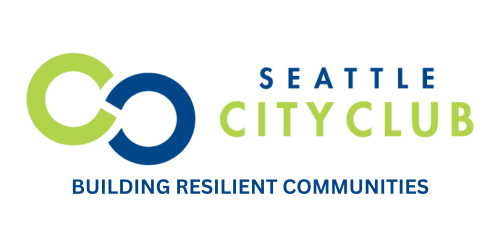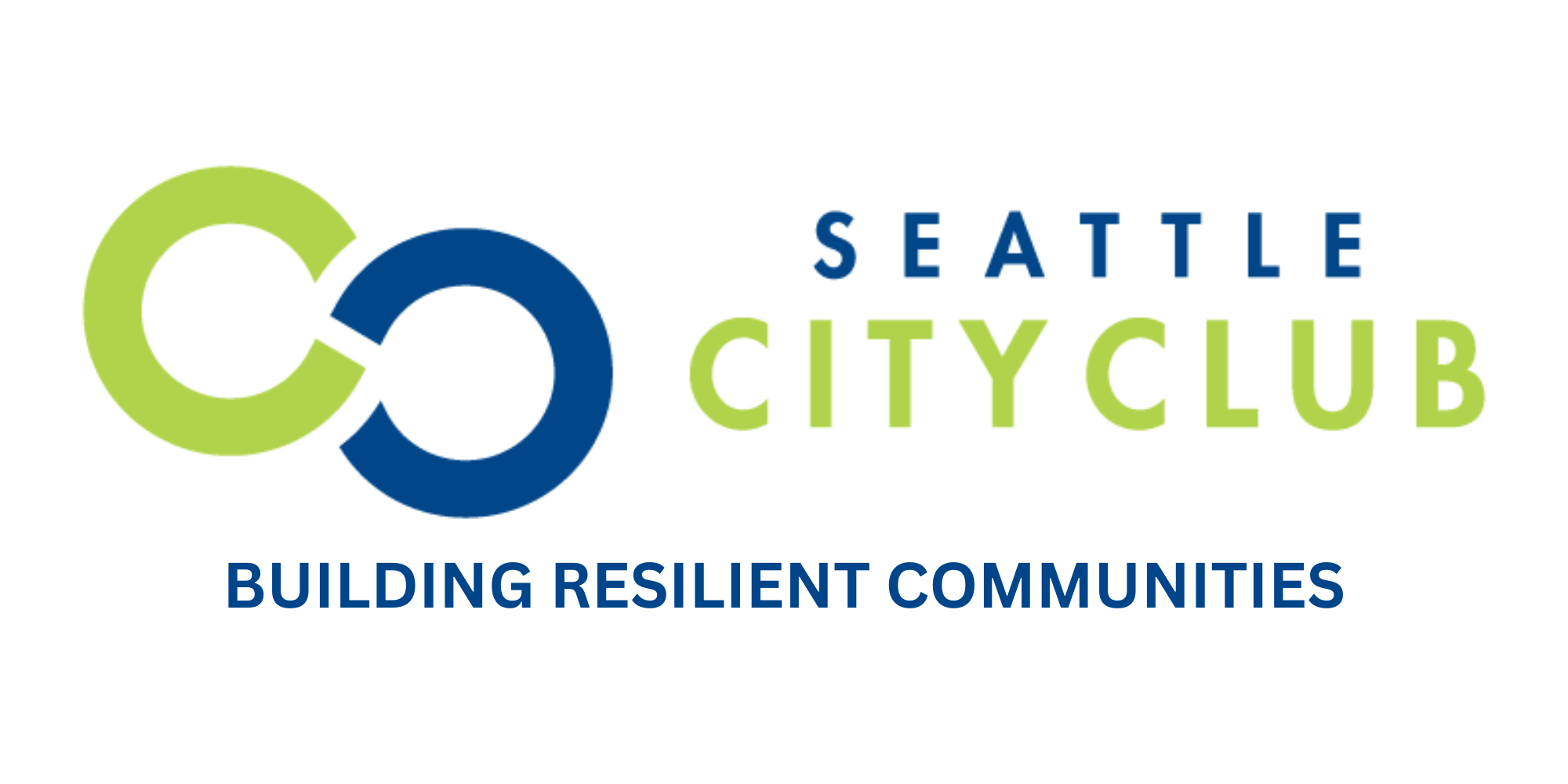Civics 101 is Seattle CityClub’s summer series designed to break down how Washington State works—one bite-sized fact at a time. Each week, we’ll drop a new digital flashcard packed with timely, local civic knowledge to keep you informed and engaged all summer long.
🗳 Voting in Washington
In Washington, voting is convenient and accessible. All registered voters receive a ballot by mail, which can be returned through the postal service or placed in an official drop box—no stamp required. You can register to vote online or in person up to 8 days before Election Day, and track your ballot to ensure it’s received and counted.
🏛️ How a Bill Becomes a Law in Olympia
Legislation in Washington starts with an idea—proposed by lawmakers, advocates, or even you. A bill moves through committees, debates, and votes in the House and Senate, then heads to the Governor’s desk. If signed, it becomes law; if vetoed, lawmakers can override it with a two-thirds vote. It’s slow, but deliberate—designed for public input at every step.
🗺️ 49 Legislative Districts
Washington is divided into 49 legislative districts, each with one senator and two representatives. That means every Washingtonian has three state-level voices in Olympia. Find your district online and follow how your lawmakers vote—they work for you. Want to shape the agenda? Start by emailing or calling your reps.
🏔️ Role of the Governor
Washington’s Governor oversees the state budget, appoints agency leaders, and can veto or approve laws. They guide disaster response (like wildfires or pandemics) and help set priorities for education, housing, and climate policy. Think of the Governor as Washington’s CEO—with powers that affect every corner of the state.
🏙️ City & County Government
City councils make local laws, pass budgets, and oversee services like police, libraries, and utilities. In counties, commissioners or councilmembers do similar work for unincorporated areas and regional needs like jails or public health. Your city’s structure—mayor-council or council-manager—impacts how decisions are made. Most meetings are open to the public (and often streamed!).
✍️ Initiatives & Referenda
Washington lets voters propose laws (initiatives) or reject ones already passed (referenda). With enough signatures, residents can get big issues—like taxes or environmental rules—on the ballot. This form of direct democracy has shaped everything from education funding to gun laws. It’s civic power, by the people.

